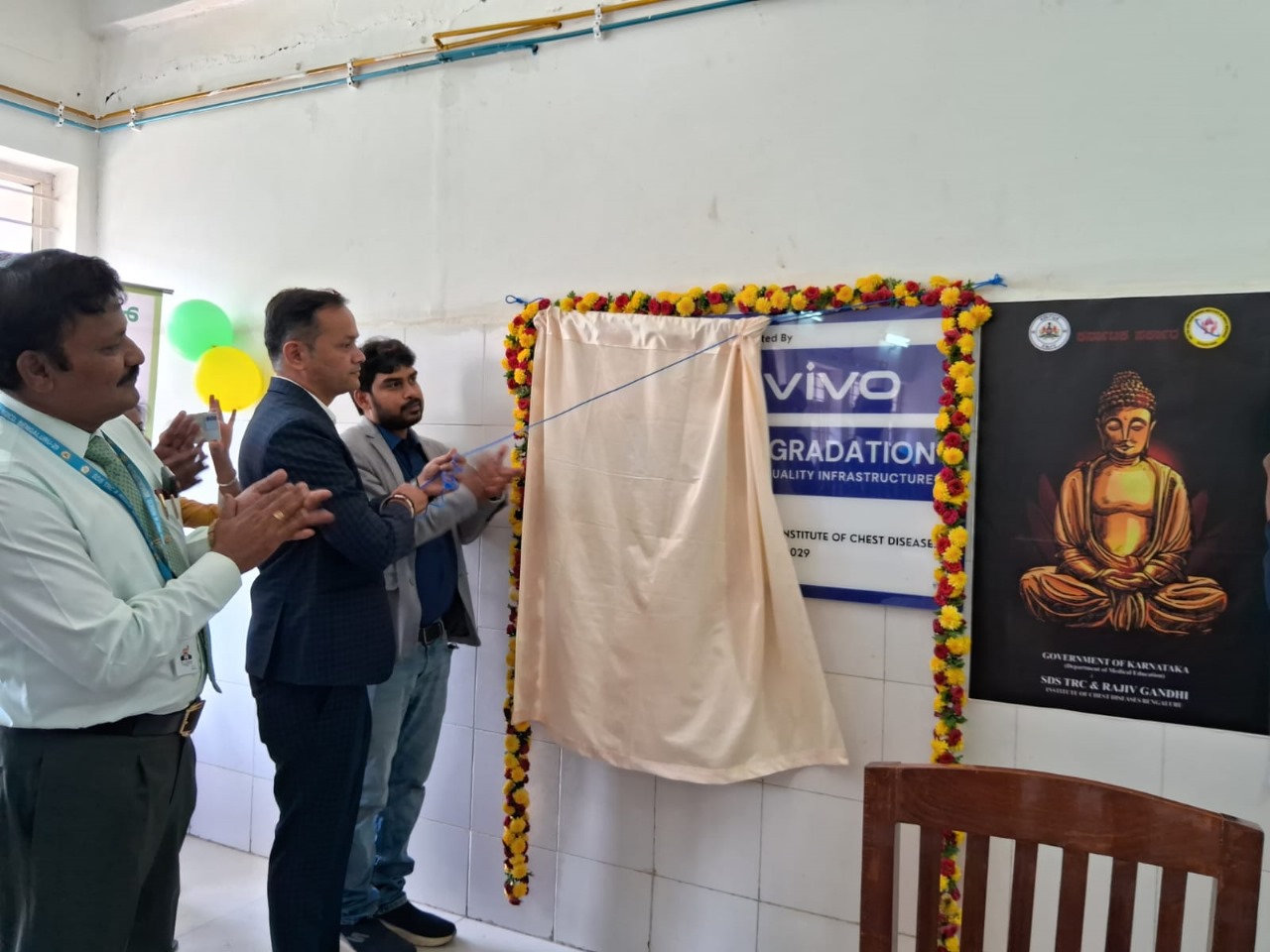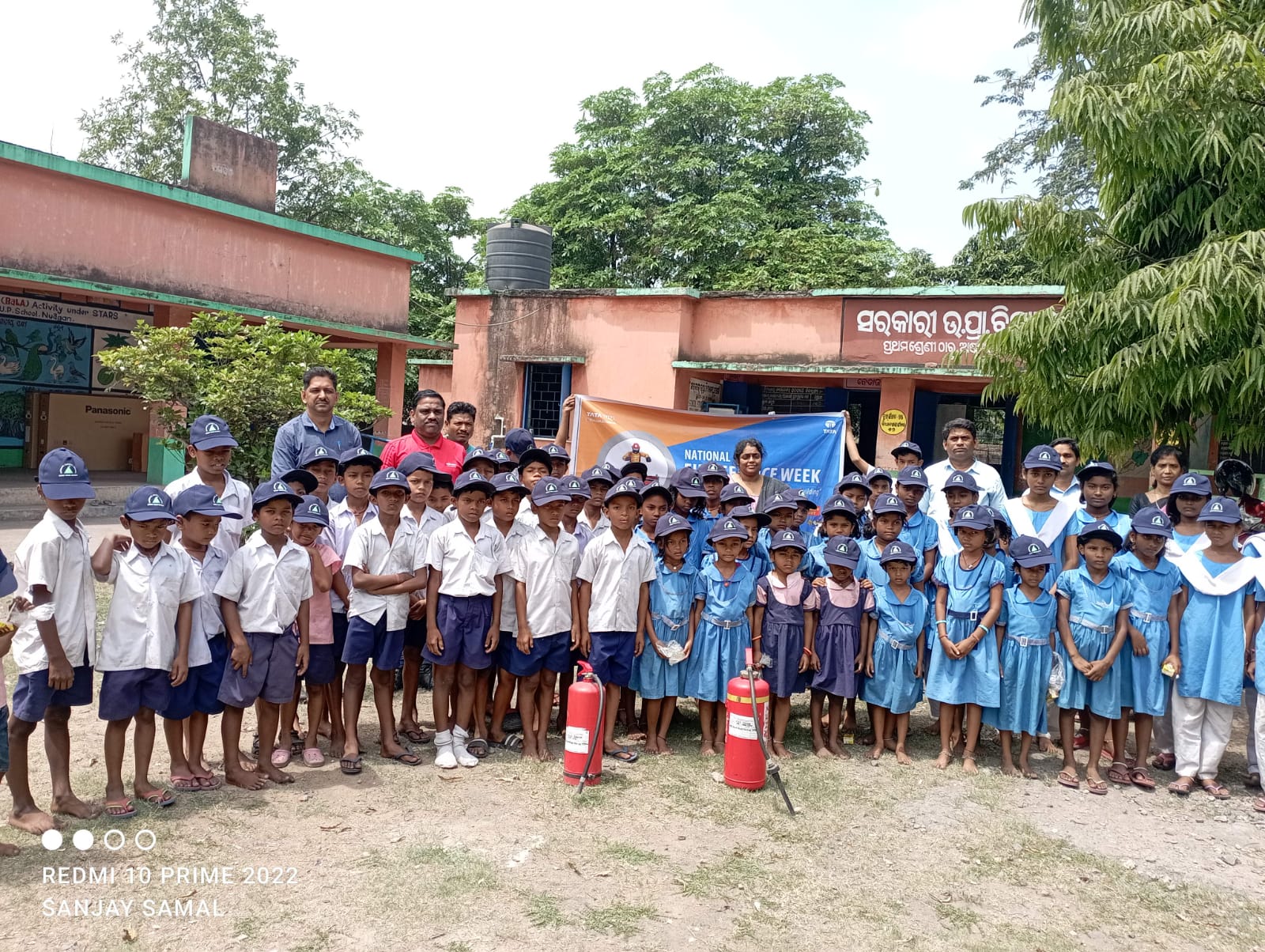Subscribe our Weekly Newsletter
Applications invited for Funding Opportunities with the Standards and Trade Development Facility (STDF)

Organization: Standards and Trade Development Facility (STDF)
Apply By: 11 Aug 2023
Grant Amount: 1000000 USD
Introduction
This note provides information on the types of funding available, eligibility criteria and other requirements, and the application and review process. It aims to inform and guide applicants and should be read carefully by anyone interested in submitting an application for STDF funding. The STDF Secretariat also provides advice and information to applicants, including assistance to identify and/or develop possible projects in priority areas of interest. Applicants are encouraged to contact the Secretariat (STDFSecretariat@wto.org) to discuss their ideas for funding requests prior to submitting an application.
1. Who can apply for STDF funding?
The following organizations are eligible to apply for STDF funding:
- Public sector entities (including regional or international bodies) with responsibility for SPS measures or policy, either in their own right or in cooperation with the private sector. The STDF encourages implementation of projects and activities through public private partnerships;
- Private sector entities, either in their own right or in cooperation with the public sector. Examples of private sector entities include legally registered farmers' organizations, trade and industry associations, etc.;
- Non-profit non-governmental organizations (NGOs) with expertise in the SPS area and with an organization in the relevant beneficiary country or countries, in co-operation with the public and/or private sector; and
- STDF partners.
2. What type of funding is available?
Two types of funding are available:
Project Preparation Grants (PPG)
Funds up to US$ 50,000 are available for PPGs to prepare technically sound and sustainable projects. These grants can involve the application of SPS-related capacity evaluation tools, preparation of feasibility studies and/or formulation of project proposals to address specific SPS capacity building needs linked to trade. More information can be found by clicking on the apply link below.
Project Grants (PG)
Funds up to US$ 1,000,000 are available for PGs that improve food safety, animal and plant health capacity to comply with international sanitary and phytosanitary (SPS) requirements. These grants are expected to help address particular SPS challenges or issues that affect trade to international markets. More information can be found by clicking on the apply link below.
3. What are SPS capacity needs?
International commerce (exports and imports) involves potential risks to public health from the entry of unsafe food or spread of animal-carried diseases, risks to animal health from the entry of pests or diseases and unsafe feedstuffs, and to plant life and the environment from the entry of alien invasive species, other pests and diseases. SPS capacity is therefore an essential element in both maintaining and expanding market access, as well as protecting against the negative human, animal or environmental consequences of sanitary or phytosanitary problems.
SPS capacity needs and priorities vary across countries and regions. SPS capacity needs can exist in both the public and private sectors. They may, for instance, be related (but not limited) to weaknesses in:
- the legal and regulatory framework for SPS management;
- the SPS policy and strategy development (e.g. SPS action plans);
- the implementation of SPS standards and requirements (i.e. Codex/IPPC/OIE standards, official requirements of trading partners, etc.) including risk analysis capacity;
- knowledge among government officials, private sector operators, farmers, etc. about SPS requirements in export markets;
- information exchange and cooperation among stakeholders (i.e. government agencies, private sector producers/exporters, chambers of commerce, etc.) involved in food and agricultural trade and SPS issues;
- food safety, veterinary and phytosanitary inspection, enforcement, diagnostics, certification, etc.;
- monitoring, surveillance, eradication, zoning, establishment of disease/pest free areas, etc.; and
- the application of good agricultural and manufacturing practices including HACCP.
While some SPS capacity needs affect the entire SPS system, other particular SPS needs may exist that affect the ability of specific agri-food products to enter particular markets. SPS barriers are often not the only market access constraint. A number of other elements – such as transportation links, customs facilities, marketing, infrastructure (e.g. cold storage facilities) – are also necessary for market access and may act as important barriers to trade. Nevertheless, requests for STDF funding should clearly focus on the major SPS constraints and capacity needs of relevance to the country/region in question.
Deadlines to apply for funding in 2023:
24 February for consideration in June
11 August for consideration in November
Applications for STDF grants should be submitted using the online application system links above. Applications are accepted in any of the three working languages of the WTO (English, French and Spanish). See the Guidance Note for Applicants for detailed information on STDF funding requirements.
For more information, please check the Link
Latest Online Store
Latest Tenders And EOIs
Latest News
© Renalysis Consultants Pvt Ltd


























